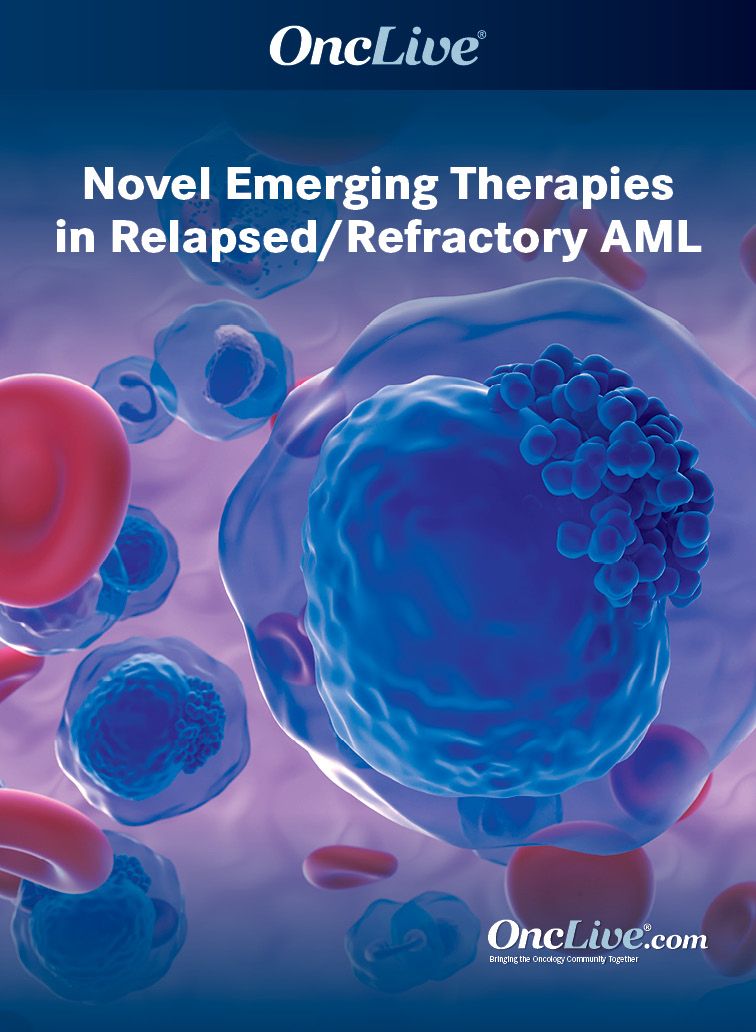Dr. Kadia on the Utilization of Uproleselan with Chemotherapy in R/R AML
Tapan M. Kadia, MD, discusses the utilization of uproleselan with chemotherapy in relapsed/refractory acute myeloid leukemia.
Tapan M. Kadia, MD, Department of Leukemia, Division of Cancer Medicine, The University of Texas MD Anderson Cancer Center, discusses the utilization of uproleselan (GMI-1271) with chemotherapy in relapsed/refractory acute myeloid leukemia (AML).
The rationale of adding uproleselan to chemotherapy in a phase 1/2 trial (NCT02306291) was to block E-selectin, thereby sensitizing resistant leukemic blasts to chemotherapy in patients with relapsed/refractory AML, particularly in the salvage setting, Kadia says. Uproleselan, an E-selectin antagonist, was combined with mitoxantrone, etoposide, and cytarabine (MEC) chemotherapy in the patient population, Kadia explains.
A separate cohort of patients aged 60 years or older who had newly diagnosed AML and were eligible for intensive chemotherapy received uproleselan with cytarabine and idarubicin, Kadia adds.
Patients who achieved remission were eligible for uproleselan with their consolidation chemotherapy, which consisted of MEC consolidation or intermediate-dose, cytarabine-based consolidation, Kadia concludes.




